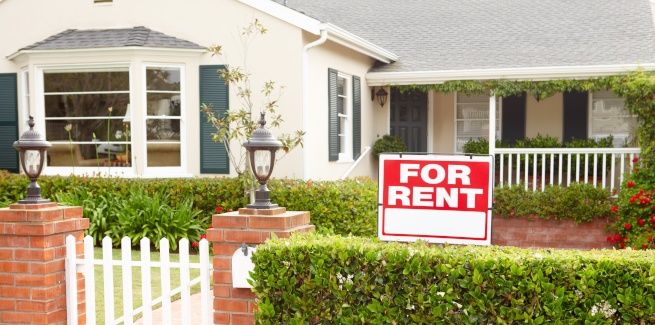The COVID-19 Rental Housing and Homelessness Impacts analysed the impacts of COVID-19 on the rental market and the government’s response to the crisis as part of a partnership between UNSW Sydney and the Australian Council of Social Services.
According to Australian Council of Social Services CEO Dr Cassandra Goldie, local and federal governments did the right thing in increasing support payments for existing tenants during the pandemic, which included putting in place eviction moratoriums and encouraging landlords to consider rent variations.
However, even though at least a quarter of all private renters lost income during the pandemic, only around 8 to 16 per cent actually paid lower rent.
“Many landlords were unwilling, or agreed only rent deferral rather than rent reduction,” Dr Goldie said, with at least 30 per cent of rent variations merely deferring the rent rather than reducing it.
This finding implies that at least 75,000 Australians have mounting deferred rent debts as of late 2020.
Another finding from the report was that many tenants were discouraged from asking for rent variation, with many choosing to instead leave their tenancy.
The report stated that almost one in five respondents (19 per cent) had moved since the start of the emergency period, or within five months of the onset of the pandemic in Australia.
Of these movers, 29 per cent did so to reduce their housing costs, while 48 per cent moved for another reason of their own.
Nearly one-quarter, or 23 per cent, moved because the landlord requested or required it.
The research also revealed that it was group households and single-parent households that were most often displaced during the pandemic – proven to be more likely to move in 2020 than other household types.
Another finding from the report was that renters were disproportionately impacted by household expenses.
Unlike mortgage-holders, who fielded a 5 per cent decline in costs associated with housing over 2020, renters’ costs dropped by only 0.5 of a percentage point on average.
As emergency tenancy protection and income support measures are wound back, rental pressures are an issue that will have knock-on effects through 2021, with Dr Goldie warning that “tens of thousands of people will be facing huge deferred rental debts – putting us at great risk of a worsening homelessness crisis”.
To prevent such a crisis, the CEO is urging the Australian government to use their power to put in place a permanent and adequate level of income support and bolstering state social housing construction.
“Governments, particularly the federal government… [could] build on their good work during the pandemic and finally get us on track to end homelessness in Australia,” she stated.
“A new push to invest in social housing can begin to make good a decade of neglect.
“It can provide long-term affordable living solutions so that people have a base from which to rebuild their lives, at the same time generating tens of thousands of jobs, supporting our economic recovery from the pandemic.”
[Related: Brisbane unit rental prices outrun Melbourne]
